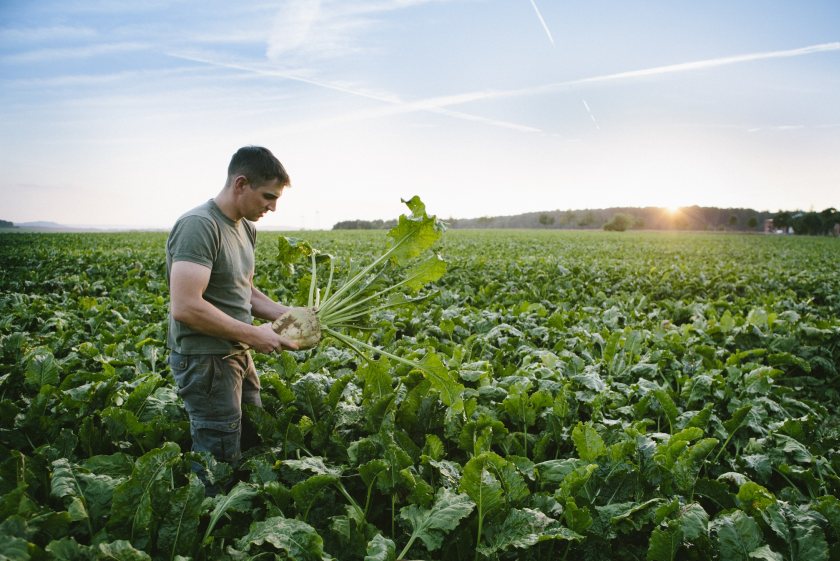
A new project will examine the potential environmental, societal, and economic impacts that are expected from the return of sugar beet in Scotland.
The crop was re-introduced to Scotland last year, 50 years since the closure of the Scottish Sugar Beet factory in Cupar, Fife.
The 2020 driver was not to meet consumer demand for sugar, but rather climate change mitigation and the decarbonisation of the industry.
The consortium behind the initiative has now secured a funding boost from Scottish Enterprise to analyse the crop's 'widespread benefits' to Scotland.
The groups have said that the crop could support climate change targets, create green jobs and unlock new economic opportunities.
Sugar beet is seen as a key building block for the development of sustainable supply chains and a ‘bioeconomy’, which uses natural materials instead of petrochemical compounds in manufacturing.
A local source of sugar beet could pave the way for the development of an ethanol-producing biorefinery in Grangemouth – the hub of Scotland’s chemicals and petrochemical processing industries.
Sugar beet can be used in the production of ethanol as a natural and sustainable substitute for petroleum-based chemicals used in a range of household goods, as well as antibiotics and therapeutic proteins.
Demand for ethanol in Scotland is expected to double in the coming years to more than 100 million litres, yet all of the country’s supply is currently imported from Europe.
Iain Riddell from SAC Consulting, part of the consortium, said: “We are confident we can grow sugar beet on better land in the East of Scotland with group members already growing it for use in AD plants.
"[We] are exploring the potential of localised micro-processing plants as an option for onward transportation of concentrated sugar syrup rather than the bulky sugar beet crop.
"Much will depend on government support, investor interest and the offer of long-term contracts that encourage farmers to commit to growing the crop.”
Andrew Henderson of Scottish Enterprise said it was a 'hugely exciting' project which could 'yield transformational outcomes for businesses'.
“Our funding will help unlock a vital next step for this project to support sustainable fuel and chemicals production through biotechnology, and ultimately create new jobs and investment to strengthen communities across Scotland.
“Sugar beet production can also help deliver our green economic recovery and transition to a net zero economy, through benefits like better air quality via carbon capture, and enhanced quality of soil.”
